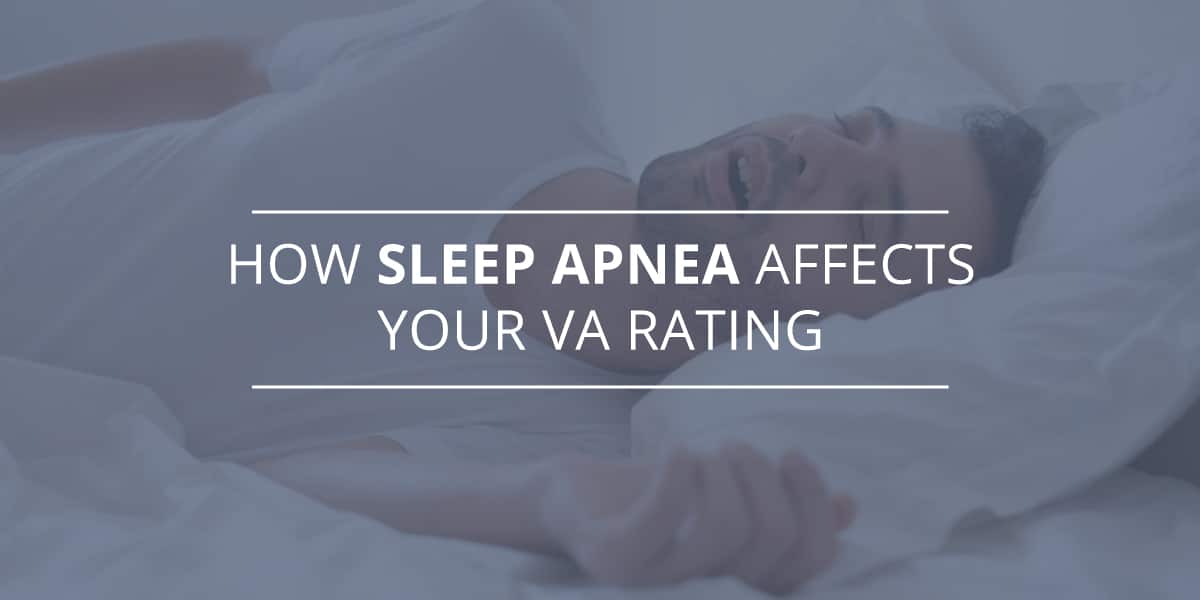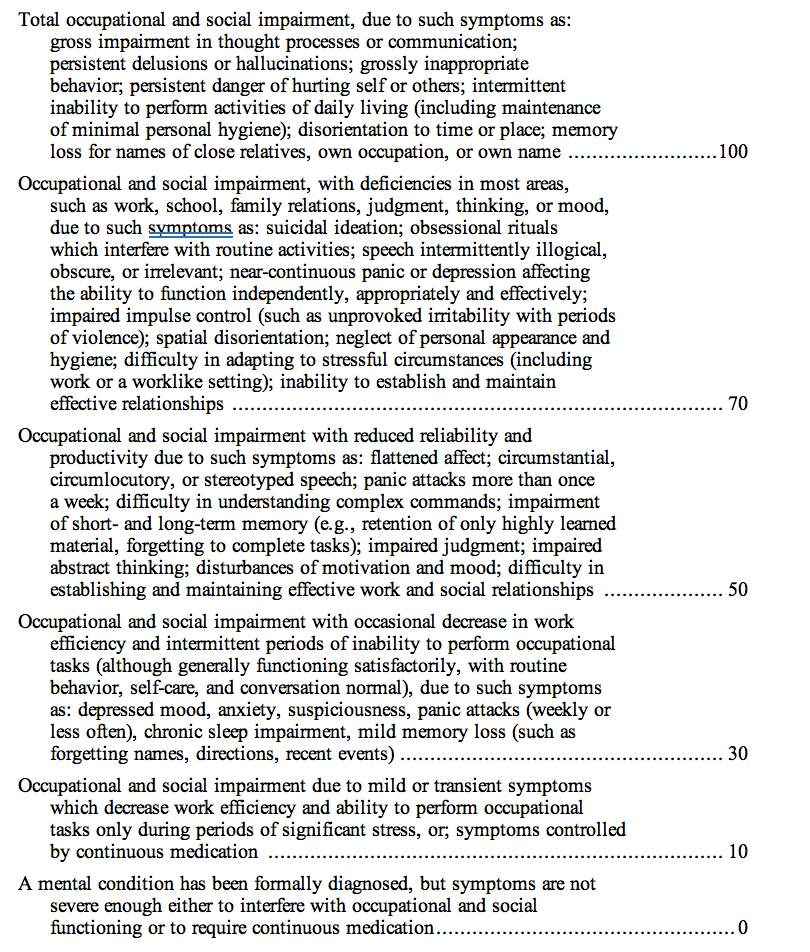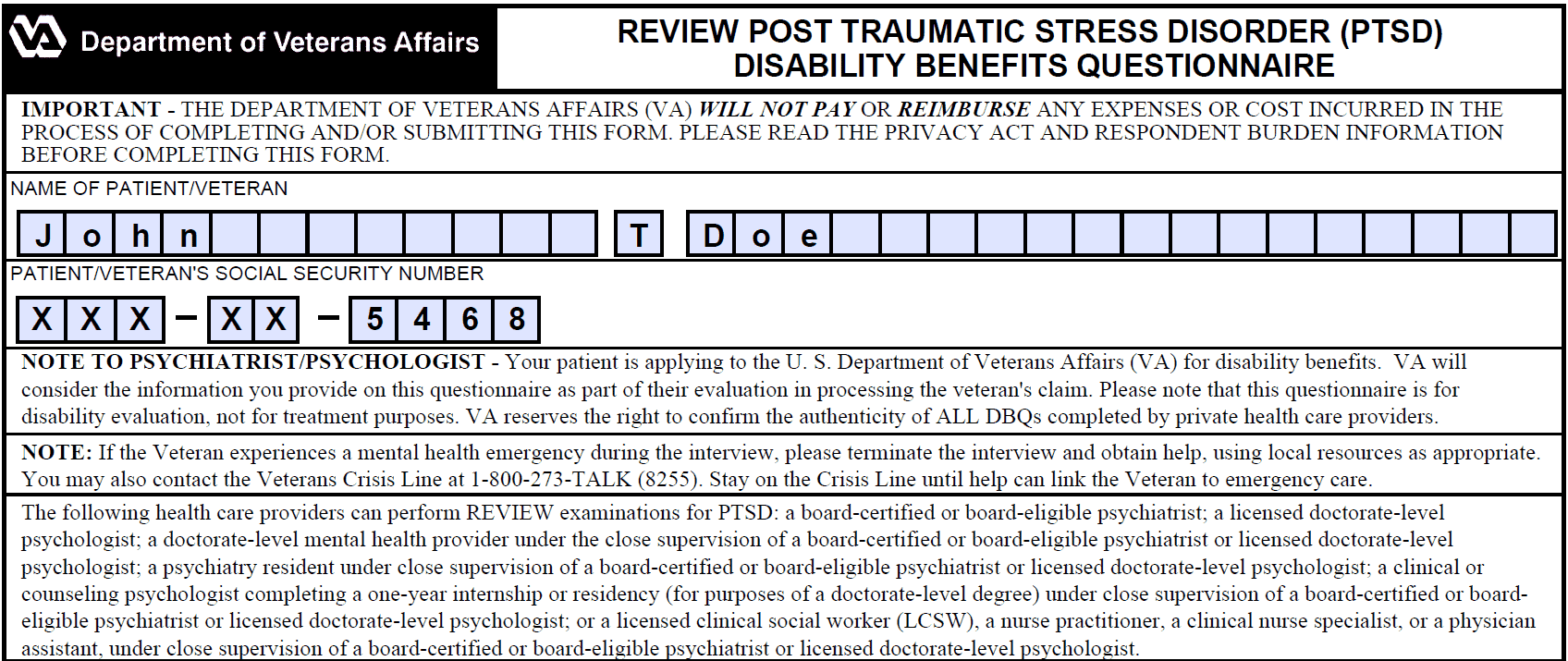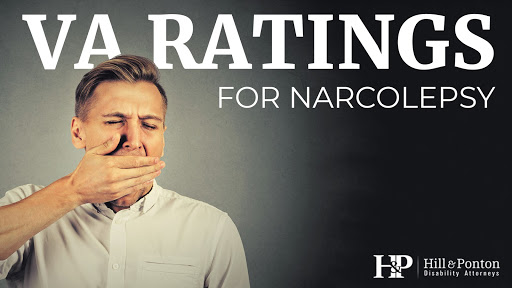Va Rating For Insomnia Secondary To Ptsd
If you're looking for picture and video information related to the keyword you've come to visit the ideal blog. Our website provides you with hints for seeing the maximum quality video and image content, hunt and locate more informative video content and images that fit your interests.
comprises one of thousands of video collections from several sources, particularly Youtube, therefore we recommend this video for you to view. This blog is for them to stop by this website.

What is a VA Disability Rating.
Va rating for insomnia secondary to ptsd. To qualify a veteran must prove that they are unable to find and maintain gainful employment due to their condition. To receive disability benefits you must prove that your sleep apnea is caused or aggravated by your service-connected PTSD. Insomnia is reported to occur in 90-100 of. At VA Claims Insider we specialize in connecting you with the right medical professional to help service-connect your conditions to prove the Nexus requirement under the law and in this post were discussing Sleep Apnea Secondary to PTSD.
The VA offers Total Disability based on Individual Unemployability to veterans who are unable to work due to a service-connected disability. Remember that in order to be eligible for VA disability compensation a disability or condition you suffer from today must have been caused or. For example a veteran may have a 70 rating for PTSD and then get service connected at 50 of sleep apnea with CPAP secondary to PTSD. Since there isnt much evidence available outside of this study it is still very important to be as prepared as possible when submitting your claim not taking anything for granted.
The VA gives you a disability rating according to its determination of the seriousness of your condition. The VA rates sleep apnea with its own diagnostic code under the rating schedule which will make more sense in context once weve covered the conditions below. VA Rating Scale for Sleep Apnea Sleep Apnea and Secondary Service Connection. The presence of insomnia qualifying as a symptom of an alteration in arousal and reactivity hyperarousal and the presence of frequent nightmares as an intrusion symptom.
You must have a PTSD disability rating of at least 0. Research shows that veterans with PTSD have a higher risk of developing sleep apnea for which they can file a VA claim of secondary service connection. Many veterans with Sleep Apnea especially those who were diagnosed long after leaving the military might still be eligible if medical evidence shows your Sleep Apnea is proximately due to or aggravated by another service-connected disability such as musculoskeletal conditions andor mental health conditions. VA claims for PTSD and Depression are rated on the same general scale according to CFR 38 Part 4 Schedule for Rating Disabilities General Rating Formula for Mental Disorders.
In order to get a VA rating for PTSD and Depression you need to have 1 A medical diagnosis of both conditions with a separate diagnosis. VA tends to rate insomnia as a component of the underlying disability. As mentioned above secondary service connection is dependent upon establishing a nexus between the two conditions. How to show your sleep apnea is secondary to your PTSD.
The VA will reward sleep apnea secondary service-connection to PTSD now but it is not a sure thing. Therefore if veterans are service-connected for PTSD and later develop sleep apnea they may be able to establish secondary service connection. Make sure to have a sleep study conducted and get a diagnosis for sleep apnea. For example if a veteran is service-connected for PTSD and suffers from insomnia as a result of the PTSD it is possible VA will consider insomnia in its overall evaluation of the veterans PTSD disability rating.
Prevalence of sleep problems in Veterans with PTSD. Sleep apnea is rated under Diagnostic Code 6847 and can warrant a ratings of 0 30 50 or 100 percent with 0 and 100 being very unlikely. Some veterans have received a VA Total Disability rating for primary insomnia alone but most have achieved their rating using insomnia as a secondary condition combined with a different primary condition. PTSD is unique among mental health disorders in that sleep problems are mentioned twice among its diagnostic criteria in DSM-5.
This benefit requires a 100 VA rating.



















